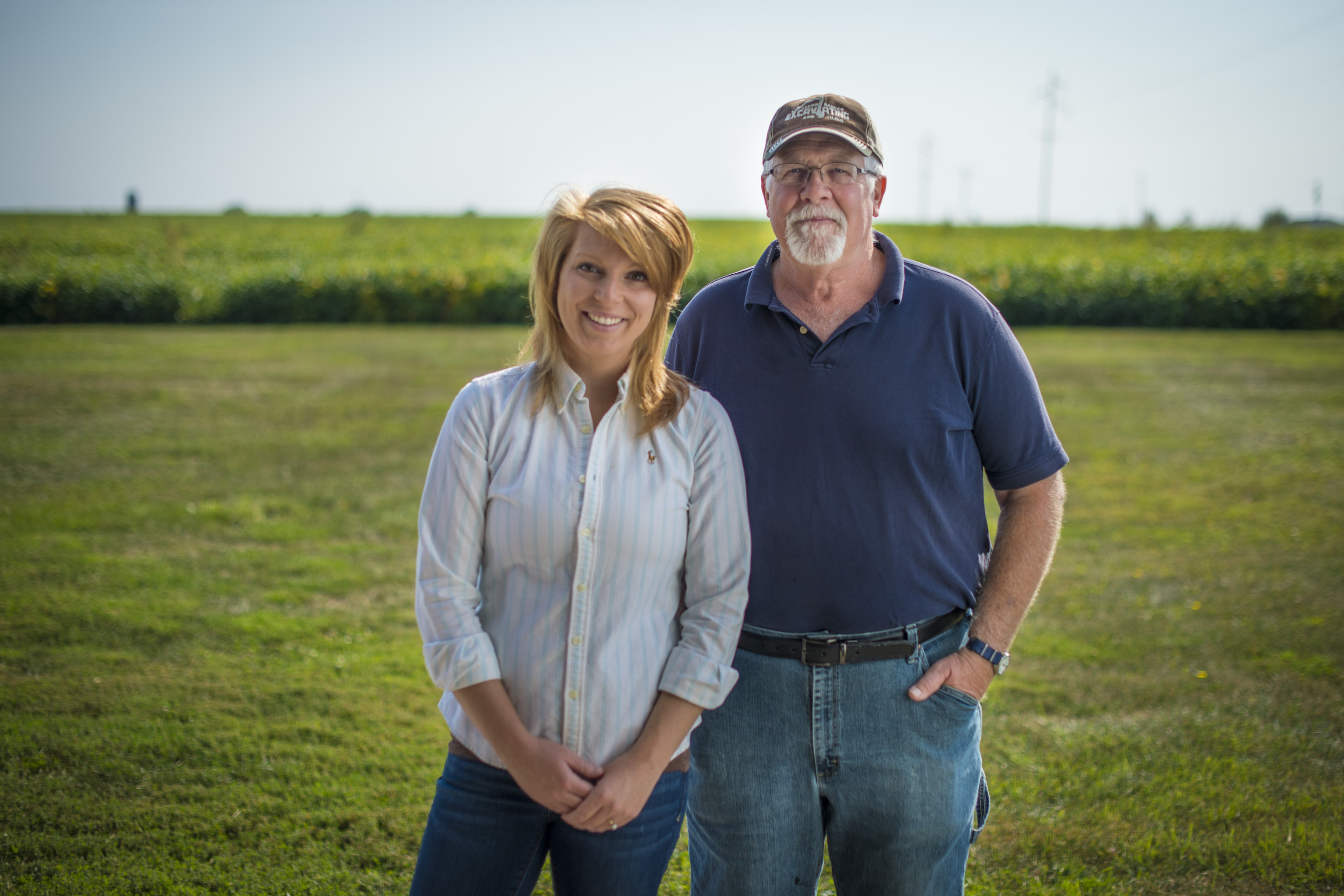May 2024
- The Minnesota Legislature has changed the priority group in the Department of Agriculture's Down Payment Assistance grant from "emerging farmers" to farmers who
- Had gross farm profit of $100,000 or less the previous year OR
- Produce one or more of the following crops: industrial hemp, cannabis, specialty crops (fruits, vegetables, and other horticultural crops) as defined by the USDA.
- Transactions between family members no longer qualify for the Down Payment Assistance grant.
June 2023
- The Nebraska legislature voted to amend the qualifications to participate as a beginning farmer in the NextGen program.
- Starting in September, qualifying beginning farmers may now have a net worth of up to $750,000 (which will be adjusted for inflation), a substantial increase from the longstanding net worth cap of $200,000.
- Pensions and retirement savings will no longer factor into net worth qualifications for the NextGen program.
June 2023
- The Minnesota Legislature votes to extend the Beginning Farmer Tax Credit, which was set to sunset in 2023
- Along with the renewal of the program, amendments were added that changed the terms of land sales agreements
- Direct family members may now qualify for sales of land. This does not apply to leases or sales of assets other than land.
- Sales of land to a BFR now qualify for an 8% minimum tax credit, sales of land to a BFR who is also an emerging farmer may qualify for a tax credit up to 12% of the sale.
- The Beginning Farmer Tax Credit in Minnesota also now has its own online application administered by the Department of Agriculture.
- Farmers may also waive the Farm Business Management course requirement upon enrolling if they already have completed 30 hours of Farm Business Management courses.
May 2023
The Missouri legislature passes HB 1023 creating Missouri's Beginning Farmer Tax Deduction.
- The program provides income tax exemption for a percentage of state capital gains of up to $6 million for landowners who sell farmland to a beginning farmer, not to exceed $25,000
- This program is retroactive and can apply to sales as early as August of 2022
- The program can also apply to cash and share rent income of up to $25,000 per year for landowners who lease to a beginning farmer
- Missouri Farmer Today article about the program
May 2023
Washington State Conservation Commission received an extra $4M in state funding through SB5200 to administer the Farmland Protection and Land Access Program (FPLA).
June 2021
Ohio: HB 95 passes the Ohio House, establishing a Beginning Farmer Tax Credit
June 2021
Iowa Senate File 619 passes in tax reform legislation
- Expands Beginning Farmer Tax Credit to include agricultural improvements, including buildings or structures on any size parcel of land.
- Allows the BFTC to apply to principle lease of equipment or structures without a land lease
- Expands the Tax Credit to allow asset owners to participate for up to 15 years
February 2021
Illinois General Assembly Black Farmer Restoration Program Act (HB3501) is introduced in the Assembly by Rep. Sonya M. Harper (D-6th)
- Provides that the Department of Agriculture shall establish the Black Farmer Restoration Fund to purchase farmland on the open market and grant it to eligible individuals
- Establishes the Farm Conservation Corps to provide training in an on-field environment for socially disadvantaged residents
- Provides residents between the ages of 18 and 29 from socially disadvantaged groups the academic, vocational, and social skills necessary to pursue long-term and productive careers in agriculture.

April 2021
State of New York Senate
- Bill 6078A - sponsored by Michelle Hinchey (D-46th)
- Proposed “New York Farmland Preservation Act” - Owner of ag assets may take a credit for the sale or rental of ag assets to a beginning farmer.
- Credit shall be equal to the greater of: 5% of sale price of ag asset, or 10% of gross rental income in each of the first, second, and third years of a rental agreement; or 15% of cash equivalent of the gross rental income in each of the first, second, and third years of the rental agreement.
- In committee as of April 2022.


